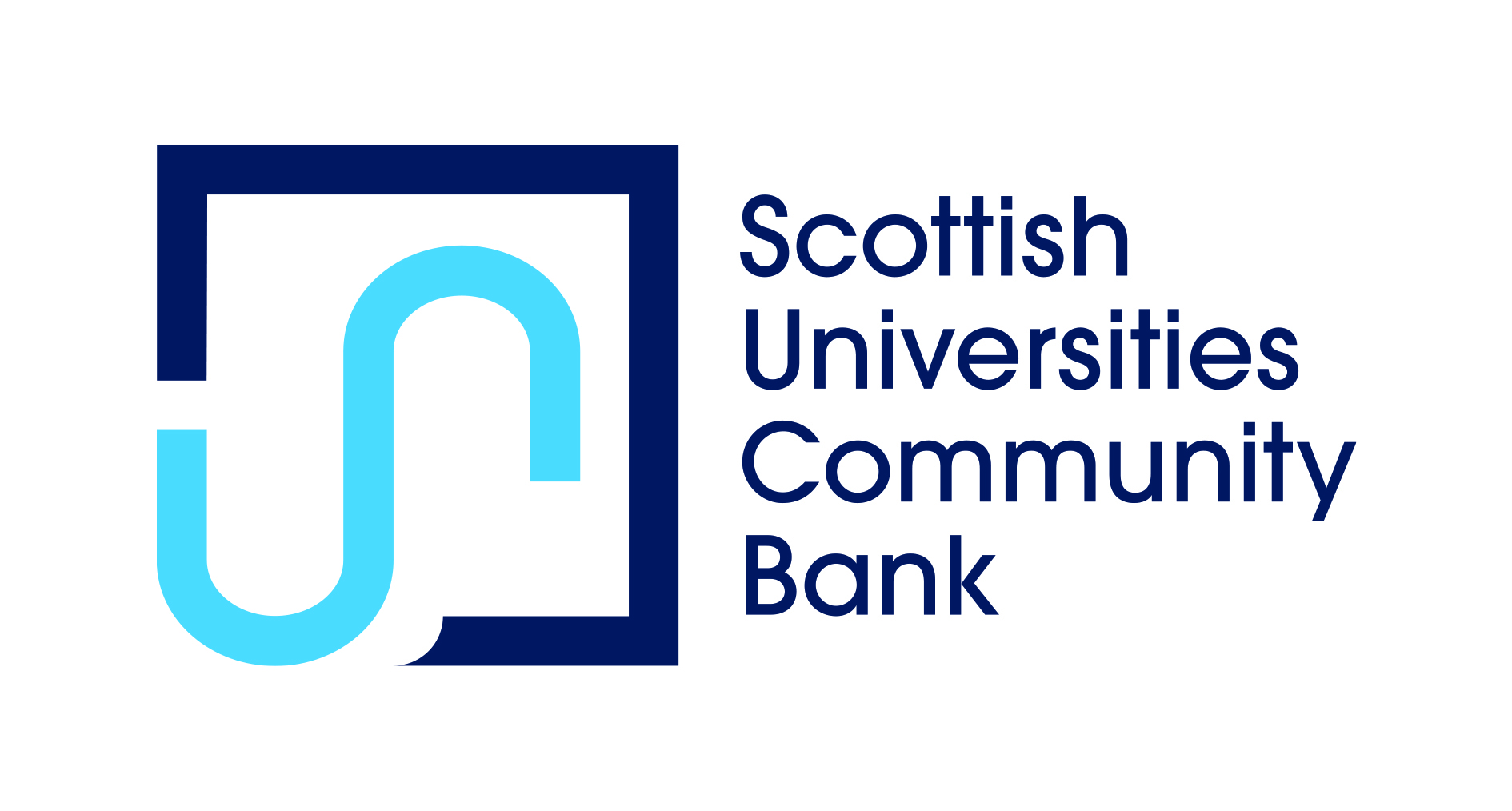ENERGY COSTS: OTHER SOURCES OF FINANCIAL ASSISTANCE AND ADVICE
Financial assistance
The first source of assistance to consider is your energy supplier. They may have changed in the last year because many went out of business, with customers transferring to a new company. It’s possible that you will have been placed on a higher tariff as part of that transfer if you were previously on a fixed-rate tariff. At the time of writing these were the remaining energy companies:
British Gas
Octopus
EDF
Scottish Power
Bulb*
Pozitive Energy
Yu Energy
SmartestEnergy (Business)
Shell
E.ON Next
* Bulb’s operations are being supported by the government after it went into
administration.
We’ve already mentioned the Warm Homes Discount scheme in our previous article and that is something you should consider applying for if you are on a low income. You will need to contact your energy supplier either online or by telephone; they all have an option for customers who are struggling with their bills.
Even if you don’t qualify, it’s still worth contacting your energy supplier because they may be able to help you in other ways. Most of the companies have hardship funds and a few have charitable trusts.
Applying to the hardship fund of your energy supplier can be complicated and if you are struggling to complete the form then one of the advice agencies mentioned below may be able to help you.
Help with arrears
If you are in arrears it’s likely that you will already have been in touch with your supplier. If your supplier has changed, any arrears accumulated with the previous supplier will be transferred to the new company and you may need to agree a revised payment plan.
An obvious difficulty facing people with arrears is that if bills were unaffordable in the past then they are going to present an even bigger challenge under the higher tariffs. It’s important therefore that you don’t just limit yourself to trying to arrange a payment plan:
- Make sure you are able to claim any government financial support that’s available.
- Contact your energy supplier to see if you can get help via their hardship fund.
- Contact a debt or general advice centre.
- Look at ways in which you can reduce your energy use.
Any payment plan should be affordable and one option, if you receive certain benefits, may be the Fuel Direct Scheme where a fixed amount is deducted from your benefits (no more than 5%). If you don’t agree a payment plan there’s the risk of the supplier fitting a prepayment meter, which is usually more expensive for you.
Sources of advice
Advice can be wide-ranging but we are focusing on those organisations offering financial or debt advice in relation to energy bills; we’ll cover those providing energy efficiency advice in a future article. Please note that all of them are very busy at the moment dealing with enquiries about rising fuel costs so you may have to be patient.
Citizens Advice
has created a dedicated energy section on their website and has trained
advisors who can be reached on 0808 223 1133. Click their name above to go to their website.
provides advice on debts in general, including energy bills. They will be able to
explore a range of options with you including debt management plans, debt relief orders etc. They can be contacted on 0800 138 1111 or by clicking their name above.
is a debt charity which also covers debts in general. They can be
contacted on 0808 808 4000. Click their name above to go to their website.
is an online and independent resource. Call 0800 011 3797. Click their name above to go to their website.
is a national charity providing practical help to those who are struggling financially. They have an Edinburgh based support team and can be contacted on 0131 243 (2795/2796) or by email at edinburgh@turn2us.org.uk. You can access their website by clicking on their name above.

